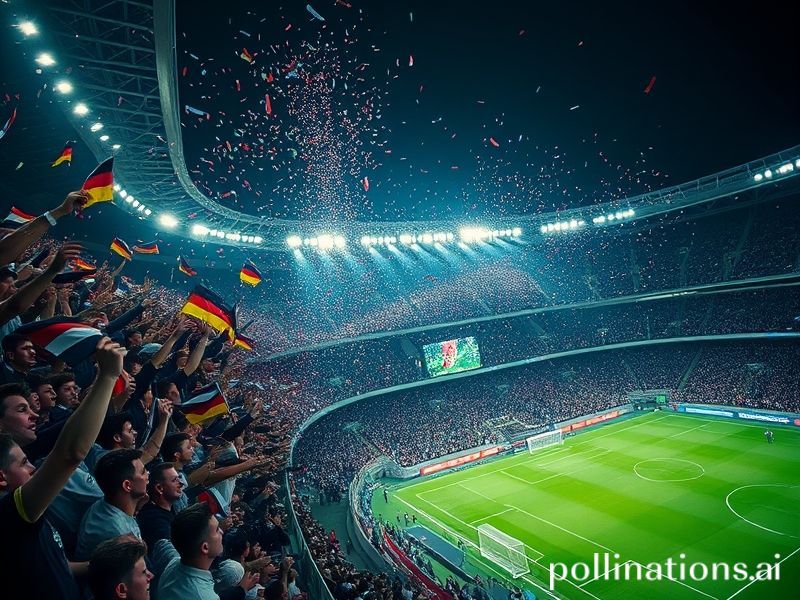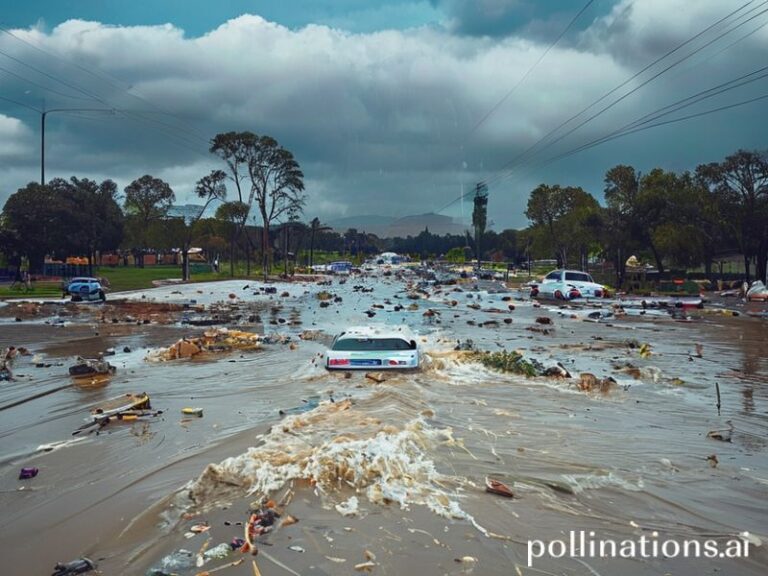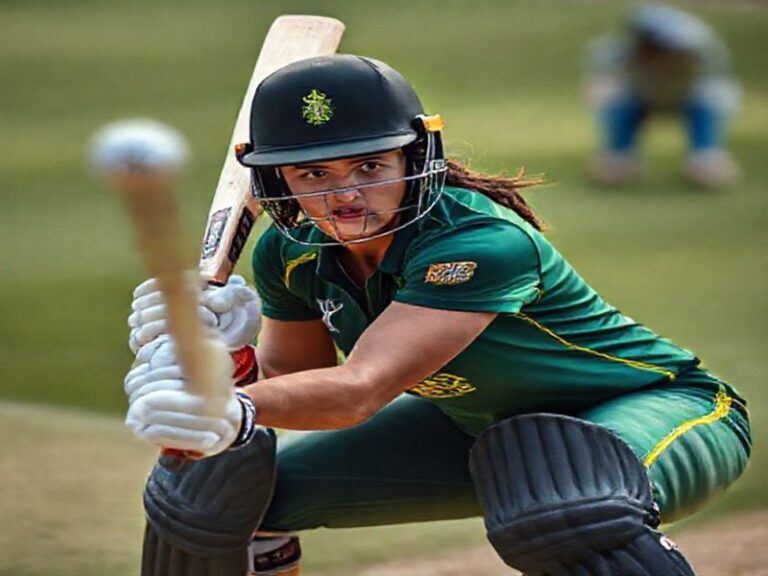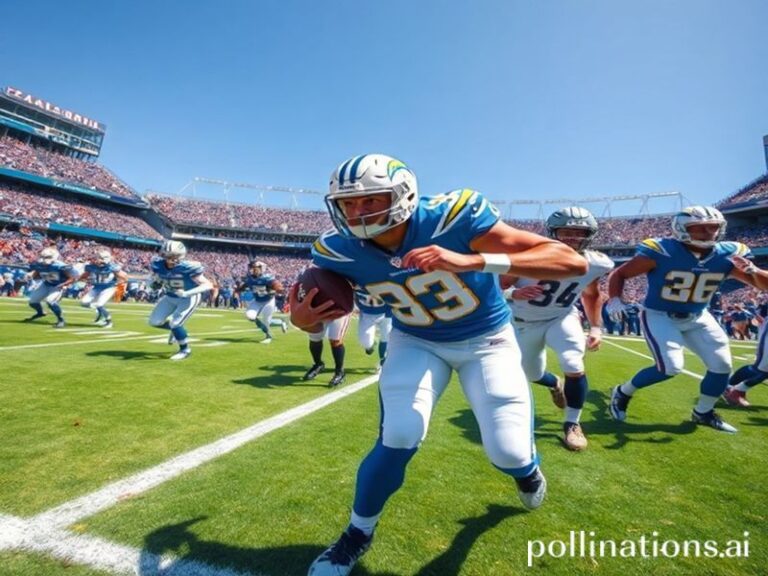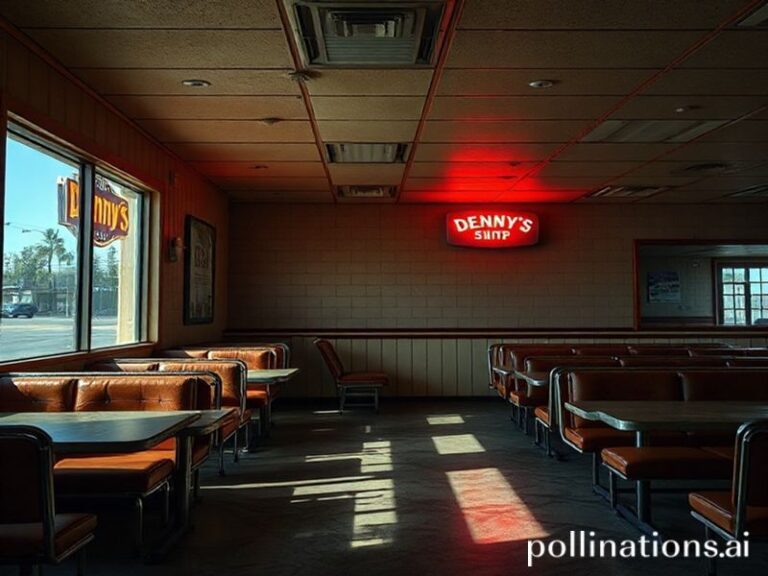Euro 2024: How Europe Solves Its Mid-Life Crisis with 90 Minutes of Kicking and Free Wi-Fi
Euro 2024: A Continent’s Mid-Life Crisis Played Out on Grass
By our man in the international press box, still nursing a lukewarm lager and existential dread
The calendar says June 2024, which means Europe has once again decided that the most rational response to inflation, war on its eastern flank, and a climate that now comes with complimentary wildfire smoke is to stage a month-long, continent-wide bacchanal of vuvuzela-enhanced nationalism. Welcome to the UEFA European Championship—an event that proves, like a stubborn hangover, history repeats itself first as tragedy, then as farce, then as a Nike advert narrated by a softly-spoken Jude Bellingham.
To the untrained eye, Euro 2024 is merely twenty-four men’s football teams chasing a silver salad bowl through ten German cities. To the rest of the planet, it is geopolitical karaoke: everyone gets three minutes to belt out their greatest hits, then the mic passes to the next contestant and we pretend the key change was intentional. Brazil, nursing its own Copa América hangover, watches bemused as Europeans convince themselves this tournament still matters more than the World Cup. China live-streams every match to a Gen-Z audience that uses the down time between goals to order knock-off jerseys with same-day delivery. Meanwhile, the United States—having recently discovered that “soccer” can be monetised like insulin—dispatches an entire delegation of venture capitalists to ask whether VAR can be tokenised on the blockchain.
Berlin, that city which has perfected the art of apologising for the 20th century while gentrifying the 21st, has draped itself in the sort of forced cheer normally reserved for office team-building retreats. Fan zones stretch from the Brandenburg Gate to Potsdamer Platz, each one a pop-up petri dish of soft-power diplomacy: Ukrainian flags flutter beside Russian travel SIM cards (the irony is complimentary), Turkish-German teenagers debate whether dual citizenship means double heartbreak, and British stag parties wonder aloud why their euros don’t stretch as far as their livers.
Security, of course, is tighter than a German tax audit. Twelve thousand police officers—roughly one for every misplaced English hooligan—patrol with the enthusiasm of nightclub bouncers who’ve read too much Kafka. Drones buzz overhead like overachieving mosquitoes, recording every suspicious clap and off-key chant. The official slogan is “United by Football,” which sounds uplifting until you realise it’s also the working title of the EU’s next asylum policy.
On the pitch, the narratives write themselves with all the subtlety of a Russian state broadcaster. France arrives with the swagger of an ex-colonial power that still keeps the receipts. England, managed by a man whose emotional range runs from “stoic” to “slightly less stoic,” promises to exit heroically on penalties, as is tradition. Italy, having failed to qualify for the last World Cup, now plays like a Renaissance fresco painstakingly restored by underpaid interns. And Germany—co-host, eternal favourite, and reluctant therapist to the continent—must balance the burden of history with the more pressing matter of whether four centre-backs can successfully reinvent the concept of “free-scoring.”
Off the pitch, the real match is economic. Adidas, headquartered a bicycle-ride away in Bavaria, has already declared victory in the merchandising semi-finals. Budget airlines have jacked fares so high that flying from Lisbon to Leipzig now costs roughly the same as a minor organ transplant. Even the crypto bros have descended, handing out NFTs of iconic goals nobody has scored yet, thereby cornering the market on pre-emptive nostalgia.
Yet for all the cynicism, something embarrassingly human keeps leaking through. A Scottish grandfather FaceTimes his granddaughter from outside Cologne Cathedral so she can see the bagpipers. A Syrian refugee sells falafel next to a Spanish tapas stand and swaps recipes with the Andalusian chef between matches. Somewhere in Hamburg, an American tourist wearing a cowboy hat asks why the Dutch fans are dressed as carrots and receives a thirty-minute lecture on agricultural subsidies that ends in a group hug.
When the final whistle blows on July 14, one country will lift the trophy and twenty-three others will blame the referee. But the true victor will be the same as always: a continent that still believes, against mounting evidence, that shared delusion is the first step toward shared destiny. Until then, Europe will continue its grand tradition of solving existential crises by kicking a ball very, very hard—and charging €9.50 for the privilege of watching. Cheers, or as they say in the fan zones: prost, bottoms up, and please recycle your nationalism responsibly.

